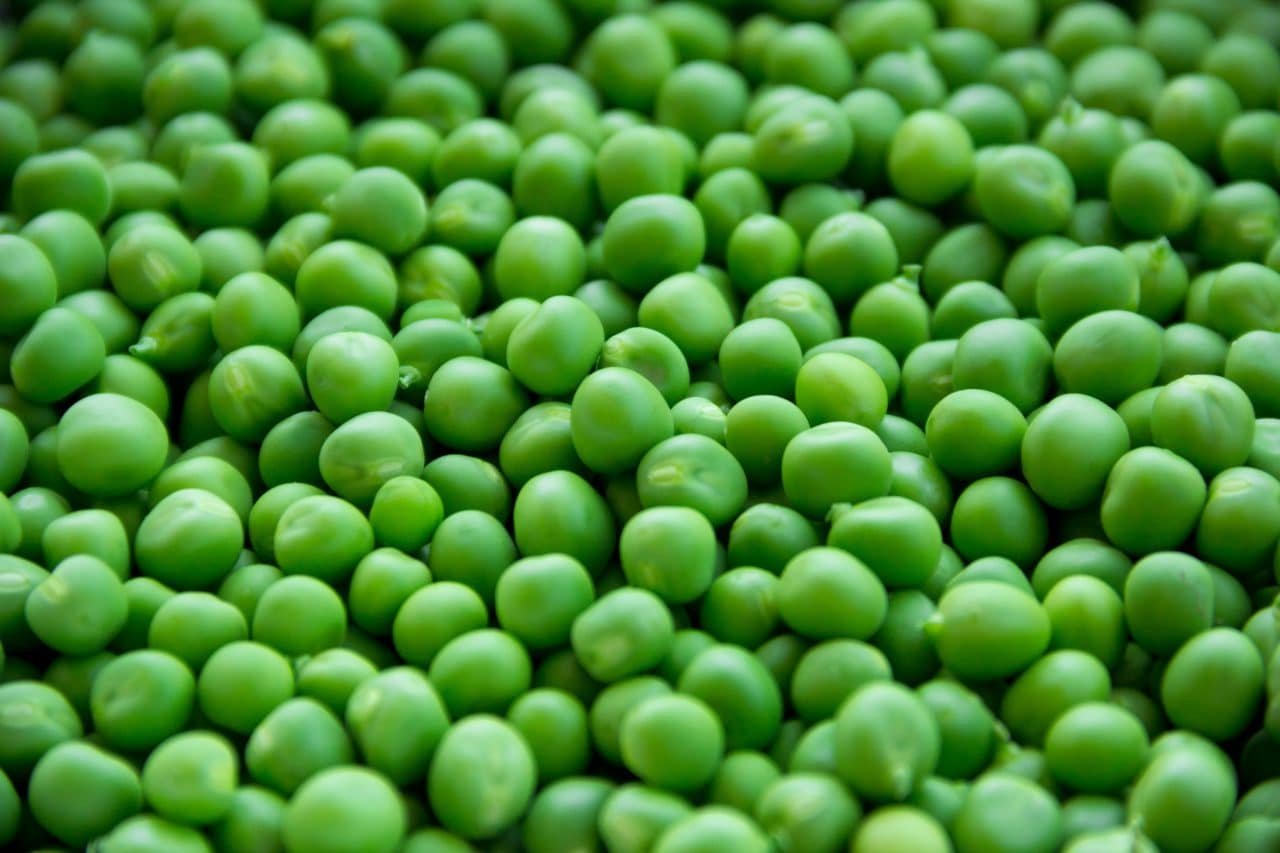Farmers receive drought-tolerant pigeon peas
New varieties of drought-tolerant pigeon peas, sorghum and green grams have been introduced in Makueni County. The objective is to help farmers cope with failed rains due to climate change.
Furthermore, the high-yielding varieties of pigeon peas are Egerton Mbaazi 1, Egerton Mbaazi 2 and Egerton Mbaazi 3. In addition, sorghum varieties include EUS1 and Gadam, while two varieties of green grams are Karembo and Biashara.
The International Crops Research Institute for the Semi-Arid Tropics (Icrisat) released the new versions. Additional support was given by the Egerton University Seed Unit. Further assistance came from the United States Agency for International Development (USAid).
Over the years, Makueni farmers have had to grapple with a myriad of challenges, particularly the harsh environment.
Unavailability of improved disease-resistant varieties that can withstand drought, and their respective certified seed are the main problem. This issue is the main thing hampering agricultural productivity in the arid and semi-arid lands (ASALs).
Types of drought-tolerant pigeon peas
The three pigeon peas varieties are early maturing, taking only six months to mature compared to the traditional varieties, which take a whole year.
The short-maturing period allows them to escape adverse weather. In addition, they are drought-tolerant and resistant to Fusarium Wilt.
Of importance to the farmers is that the variety can be harvested three times a year.
According to Ms Mary Muteti, the director of agriculture, the county has 32,000 acres under green grams.
It requires at least 120 tonnes of seed to satisfy demand, which has been difficult to meet with formal ways.
Aware of the constraints to access improved and certified seed, a major limiting factor to agricultural productivity. This project has worked with partners to establish robust seed systems through formal and farmer-based organizations. Additionally these would ensure steady production and timely supply of seed of the improved varieties.
This is expected to meet ever-growing demand and develop farming value chains into profitable businesses.
Egerton University commercially releases the varieties bred by Icrisat, contracts and trains farmers through its Agrisoy Seed Company.
The new varieties have been approved and certified by the Kenya Plant Health Inspectorate Service (Kephis).
Upon expansion of the production capacity, the seeds will be distributed to farmers in Kerio Valley, Machakos, Tharakanithi, Kitui and Turkana counties.



